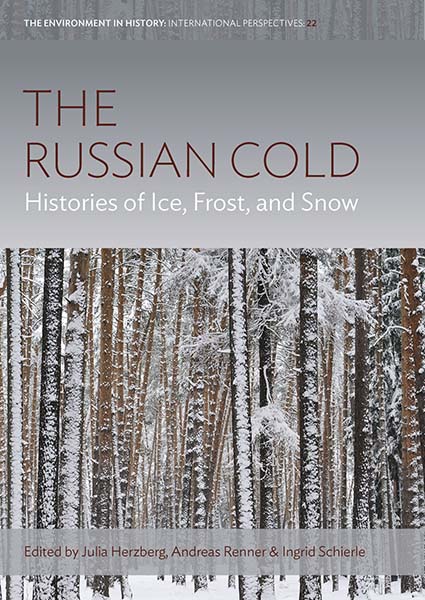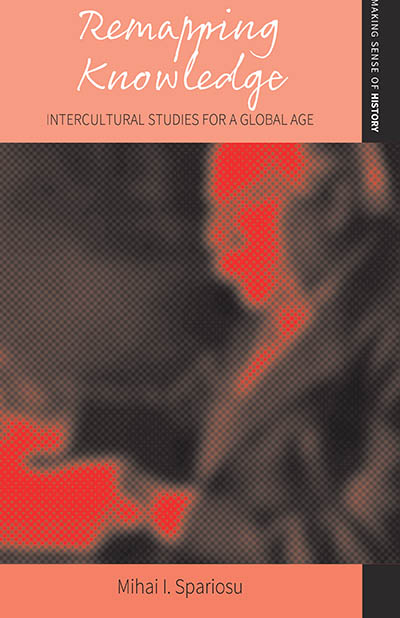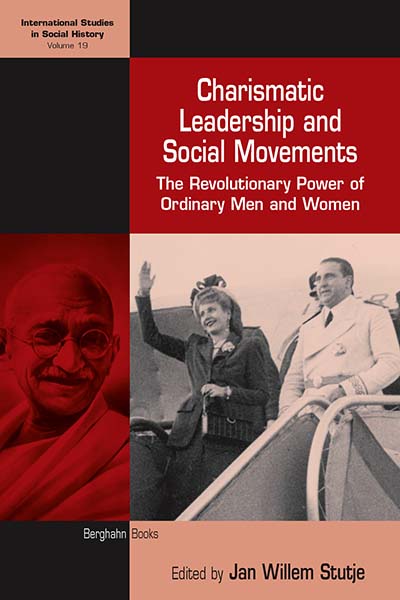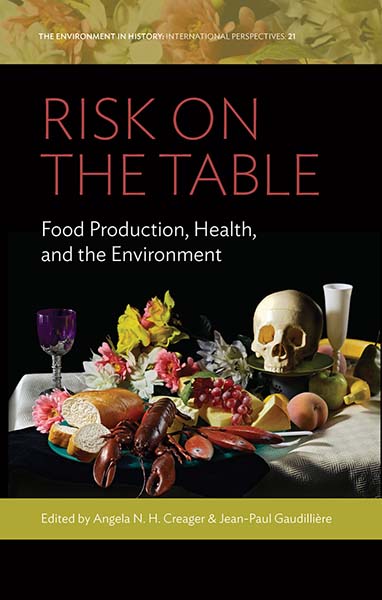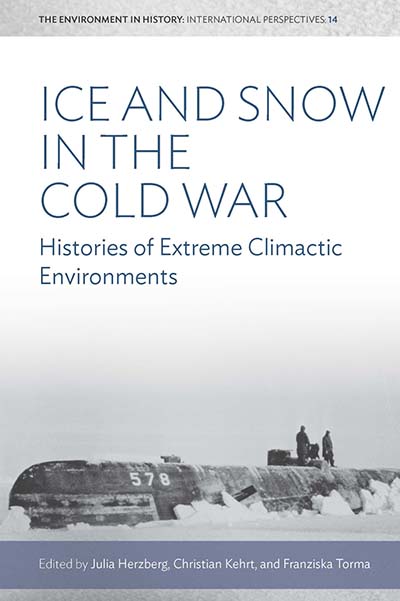
Series
Volume 14
Environment in History: International Perspectives
See Related
History JournalsEmail Newsletters
Sign up for our email newsletters to get customized updates on new Berghahn publications.
Ice and Snow in the Cold War
Histories of Extreme Climatic Environments
Edited by Julia Herzberg, Christian Kehrt, and Franziska Torma
330 pages, 20 illus., bibliog., index
ISBN 978-1-78533-986-8 $135.00/£104.00 / Hb / Published (October 2018)
ISBN 978-1-83695-073-8 $34.95/£27.95 / Pb / Published (August 2025)
eISBN 978-1-83695-208-4 eBook
Reviews
“These histories of cold places provide valuable contributions to environmental history, the history of science, and Cold War history. For scholars of Russia and the Soviet Union, it is worth pointing out that the three chapters concentrating on this region are especially rich and insightful.” • Jahrbücher für Geschichte Osteuropas
“The advantage of the volume is that it transcends the geographical boundaries of the circumpolar areas, which are often associated with cold and extreme. As can be seen from the description, apart from Antarctica, Greenland and the Soviet Arctic, the geography of the collection covers the European Alps and mountain systems of Central Asia. The extended geographic focus allows to see the links between polar and non-polar regions in the history of science and technology and, therefore, to ‘detach’ extreme cold environment from the poles.” • Karaseva
“A strong feature of this collection is its detailed research, which serves as the basis for the narratives: several chapters use a microhistorical (as well as a microgeographical) approach and tell us about largely unknown places… Hopefully, this innovative book will invigorate other researchers, including those who study Russian and east European history to further develop a genre of “cryo-history”that is so relevant in today’s world of accelerated Arctic melting.” • Slavic Review
“The focus of this very well written volumes, which in parts reads like single-authored, is in most contributions on the systemic competition, be it in the military, winter sports, technology or especially in research.” • H-Soz-Kult
“Collectively, the geographically diverse case studies in Ice and Snow in the Cold War address a topic that is important but relatively understudied. The book moves both environmental history and Cold War studies in intriguing new directions.” • Matthew Farish, University of Toronto
Description
The history of the Cold War has focused overwhelmingly on statecraft and military power, an approach that has naturally placed Moscow and Washington center stage. Meanwhile, regions such as Alaska, the polar landscapes, and the cold areas of the Soviet periphery have received little attention. However, such environments were of no small importance during the Cold War: in addition to their symbolic significance, they also had direct implications for everything from military strategy to natural resource management. Through histories of these extremely cold environments, this volume makes a novel intervention in Cold War historiography, one whose global and transnational approach undermines the simple opposition of “East” and “West.”
Julia Herzberg is Professor for the Cultural History of Eastern Europe at the University of Leipzig and Deputy Director of the Leibniz Institute for the History and Culture of Eastern Europe (GWZO).
Christian Kehrt is professor of history of science and technology at the Technical University Braunschweig, Germany. His research interests lie in the cultural history of science, technology and the environment.
Franziska Torma works on the history of marine biology at the Rachel Carson Center for Environment and Society, Munich (project funded by the German Research Foundation, DFG). Her research interests include the history of science and the cultural and environmental history of the nineteenth and twentieth century.
Dr. Carolin Roeder talks about the Soviet search for the abominable snowman and parallels to other wildman legends in the United States and elsewhere with Time to Eat the Dogs: A Podcast about Science, History, and Exploration.
Subject: History: 20th Century to PresentEnvironmental Studies (General)
Contents
Download ToC (PDF)

